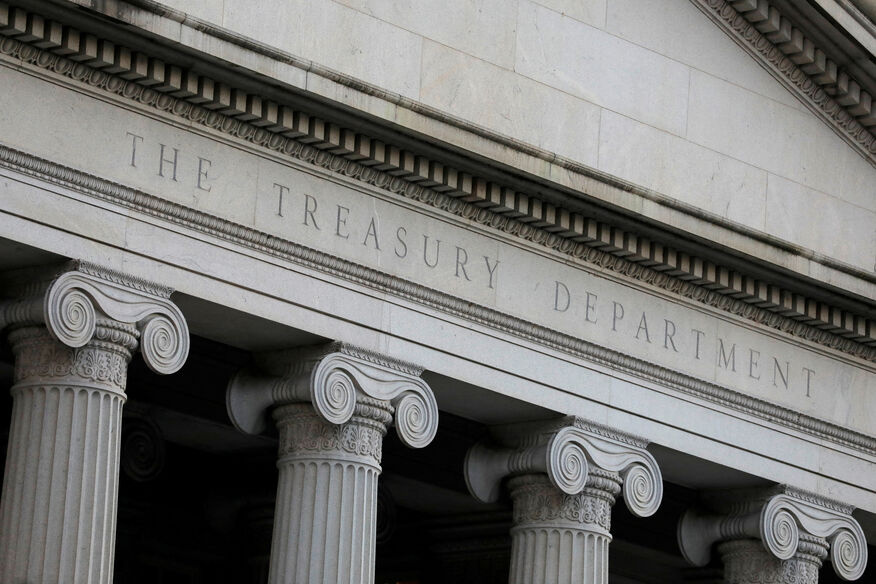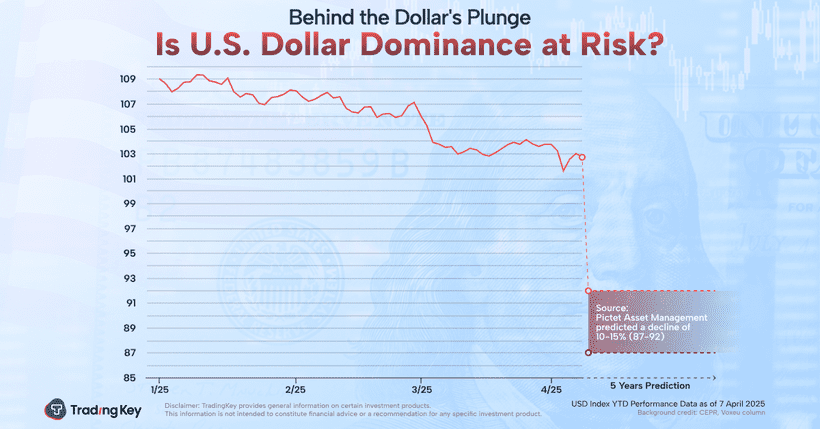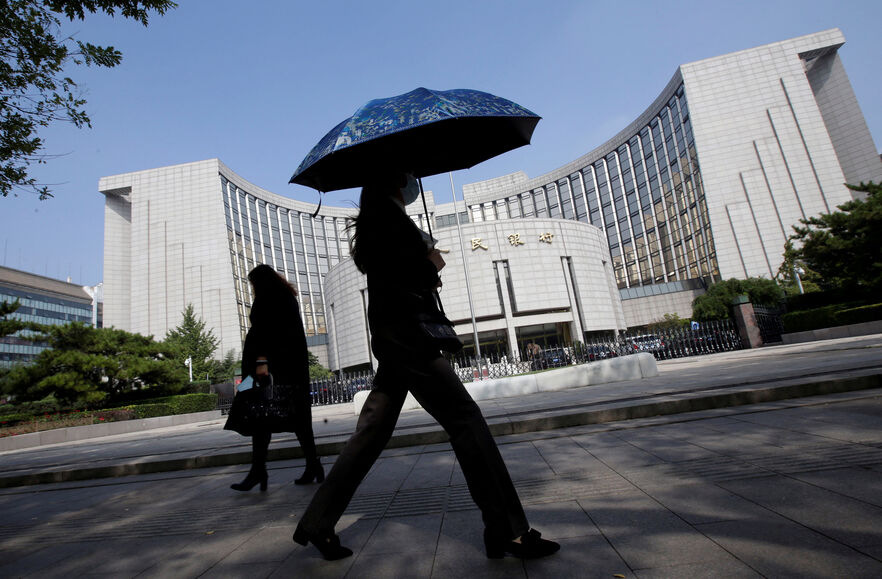U.S.-Japan Tariff Talks May Get "Priority" Treatment, Nikkei Surges 6%! A Familiar Opportunity to Buy the Dip in Japanese Stocks

TradingKey - Following the "Black Monday" on April 7, when U.S. reciprocal tariffs rattled global markets and sent Japan's stock market plunging nearly 8%, positive developments in U.S.-Japan tariff negotiations have sparked a strong rebound in Japanese equities. The sharp reversal has reminded investors of a similar bounce-back in Japanese stocks after another "Black Monday" event in early August 2024.
On the morning of April 8, Japan’s benchmark Nikkei 225 index surged more than 6%, currently trading at 32,882.47, up 5.61% on the day. The broader TOPIX index also climbed 5.94% to 2,424.64.
Late on April 7, Japanese Prime Minister Shigeru Ishiba held a brief phone consultation with U.S. President Donald Trump, lasting less than 30 minutes. During the call, Ishiba conveyed concerns that the U.S. tariff policy could undermine the investment capacity of Japanese companies and urged Trump to reconsider the measures.
While Trump reiterated his dissatisfaction with Japan’s trade practices—particularly Japan’s limited imports of American cars while continuing to export Japanese vehicles to the U.S.— he signaled openness to further dialogue. Trump indicated that Japan would dispatch a delegation to negotiate with the U.S. Reports suggest that U.S. Treasury Secretary Bessent and U.S. Trade Representative Greer will lead the American side of the talks. Bessent also noted that due to Japan’s swift response, it is expected to receive "priority" treatment among trading partners.
Following news of the potential U.S.-Japan tariff negotiations, Japanese stocks rallied sharply on April 8, with electronics manufacturers leading gains on the TOPIX index. As risk-off sentiment eased, the dollar-yen exchange rate (USD/JPY) rose 0.39% intraday to 147.48. A weaker yen is expected to further boost profit prospects for Japanese exporters.
The recent volatility in Japanese equities mirrors events from August 5 and 6, 2024. At that time, weak U.S. nonfarm payroll data triggered recession fears, which were compounded by an unexpected interest rate hike by the Bank of Japan in late July. The Nikkei 225 index subsequently plummeted 12.40%, only to rebound by 10.23% the following day.
Jason Tang, senior economist at TradingKey, noted that recent market declines may have already priced in the impact of U.S. tariffs on Japan’s economy and equity market—particularly in the automotive sector.
Additionally, Japan’s relatively limited trade surplus with the U.S. and smaller tariff differentials suggest that the impact of Trump’s April policy on Japanese equities has been more muted compared to the effect on other countries’ markets.
With tariff headwinds potentially easing, negative impacts appearing manageable, and Japan’s economic recovery continuing, Tang remains optimistic about the outlook for Japanese equities, viewing the recent dip as a familiar buying opportunity.





